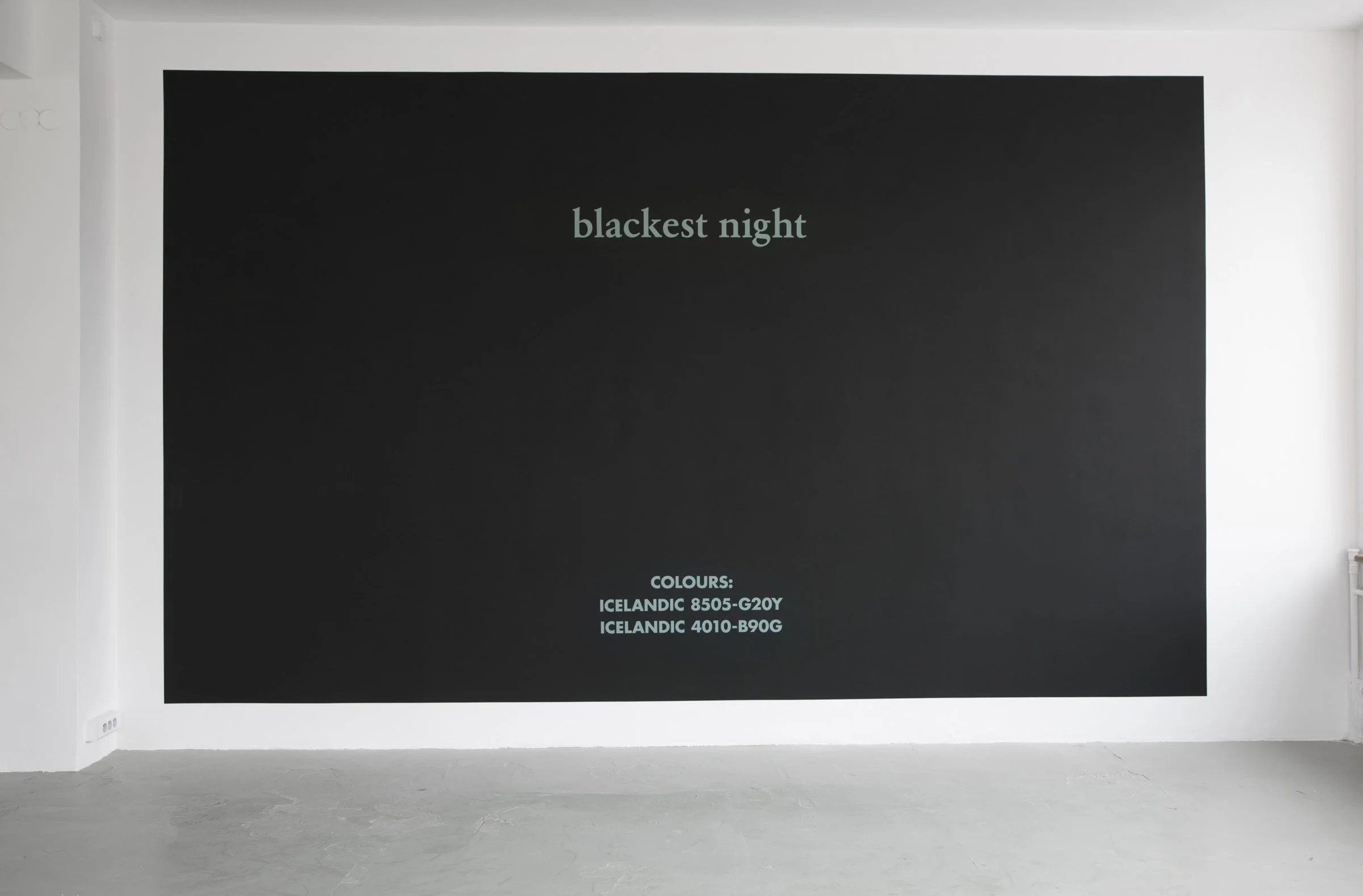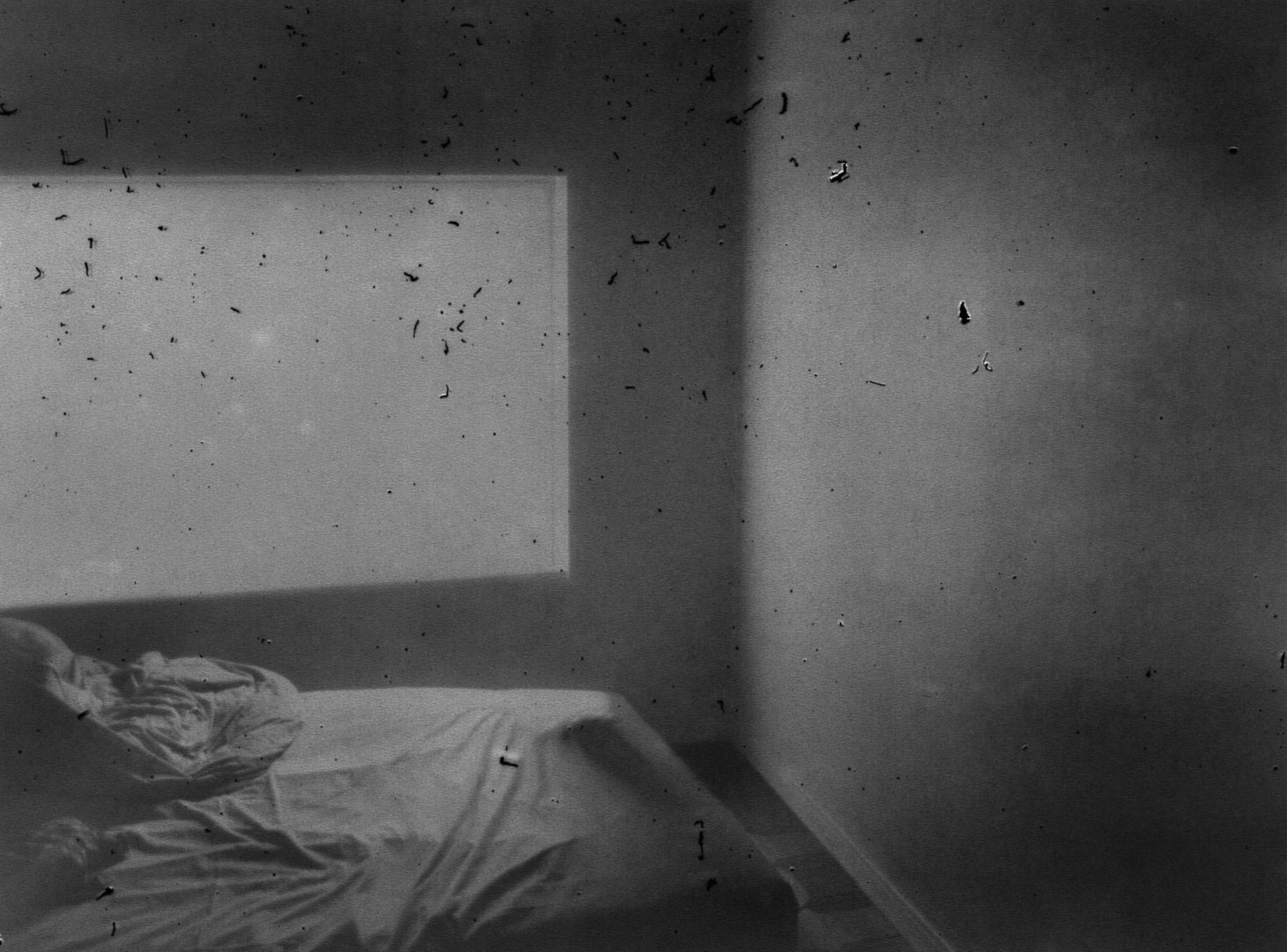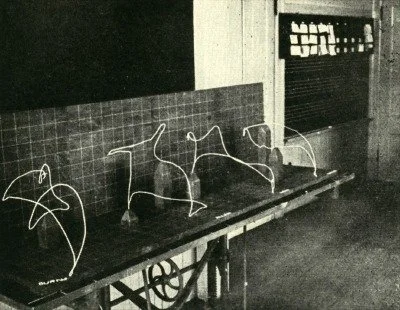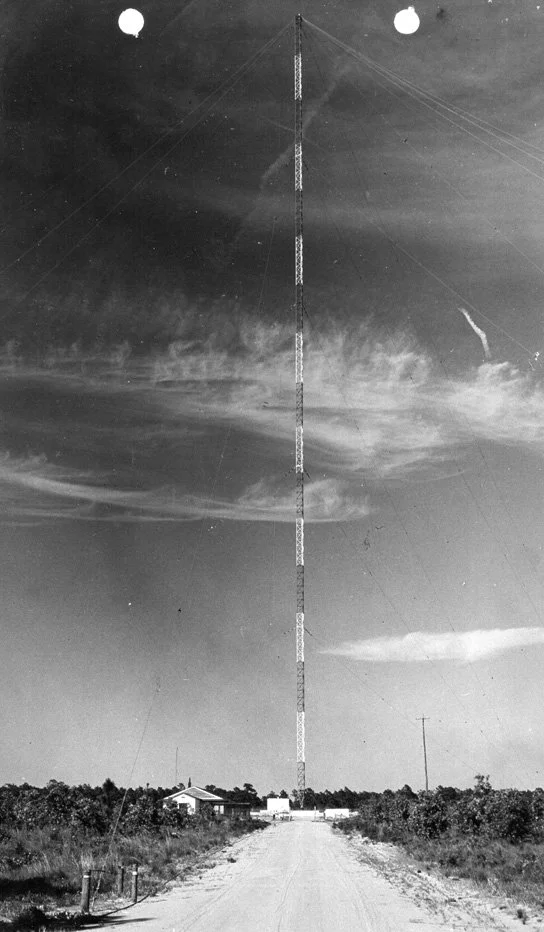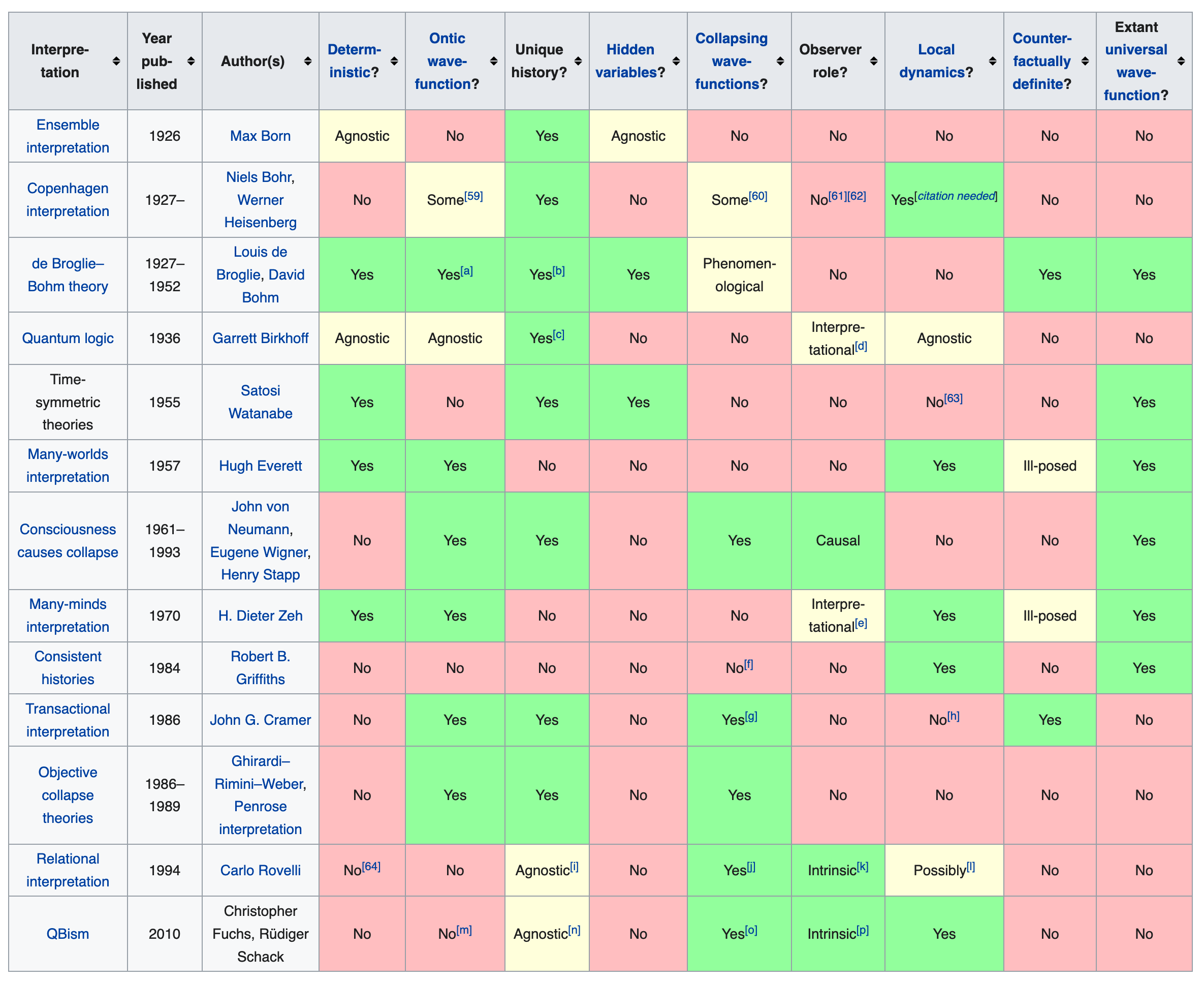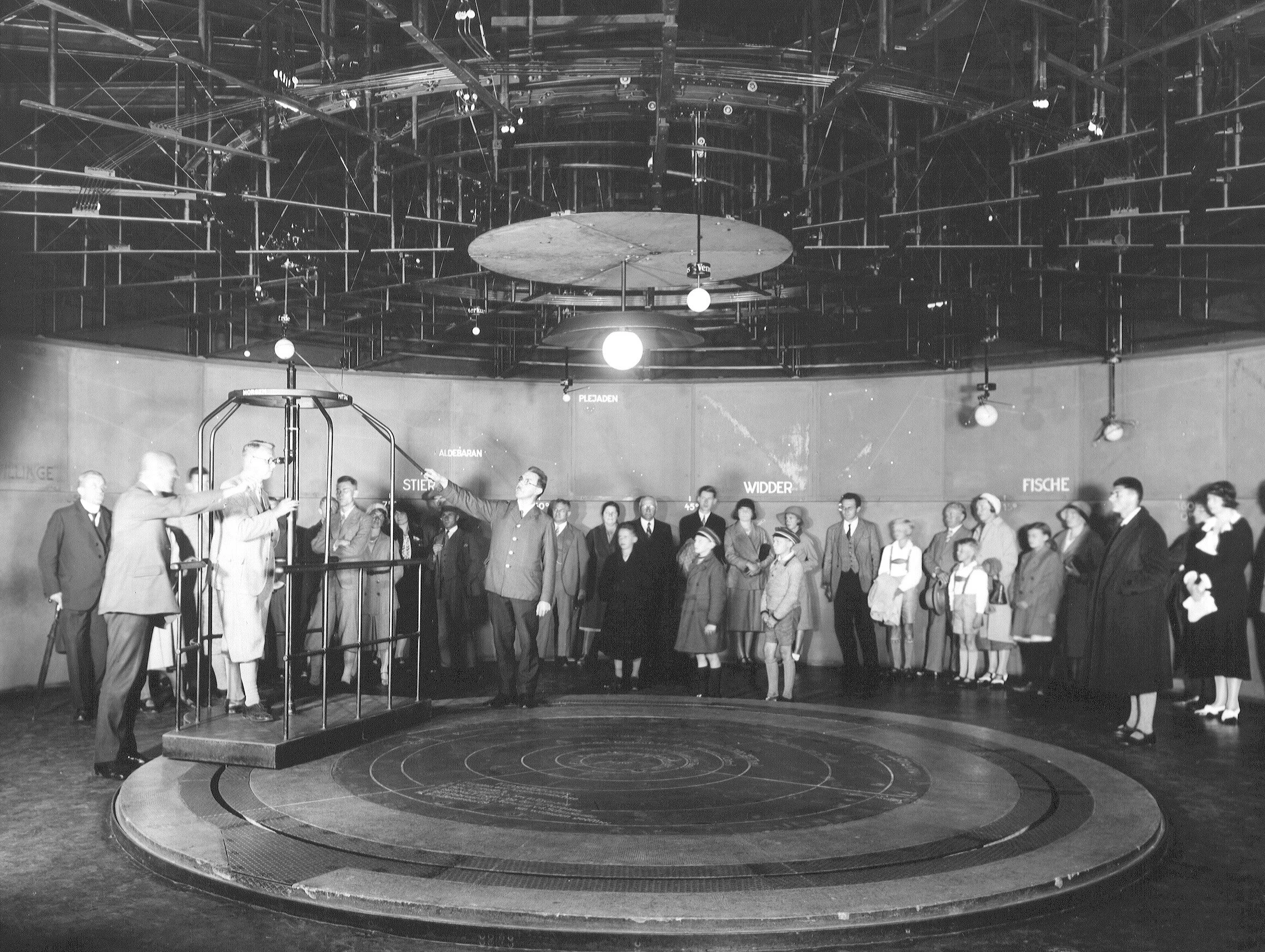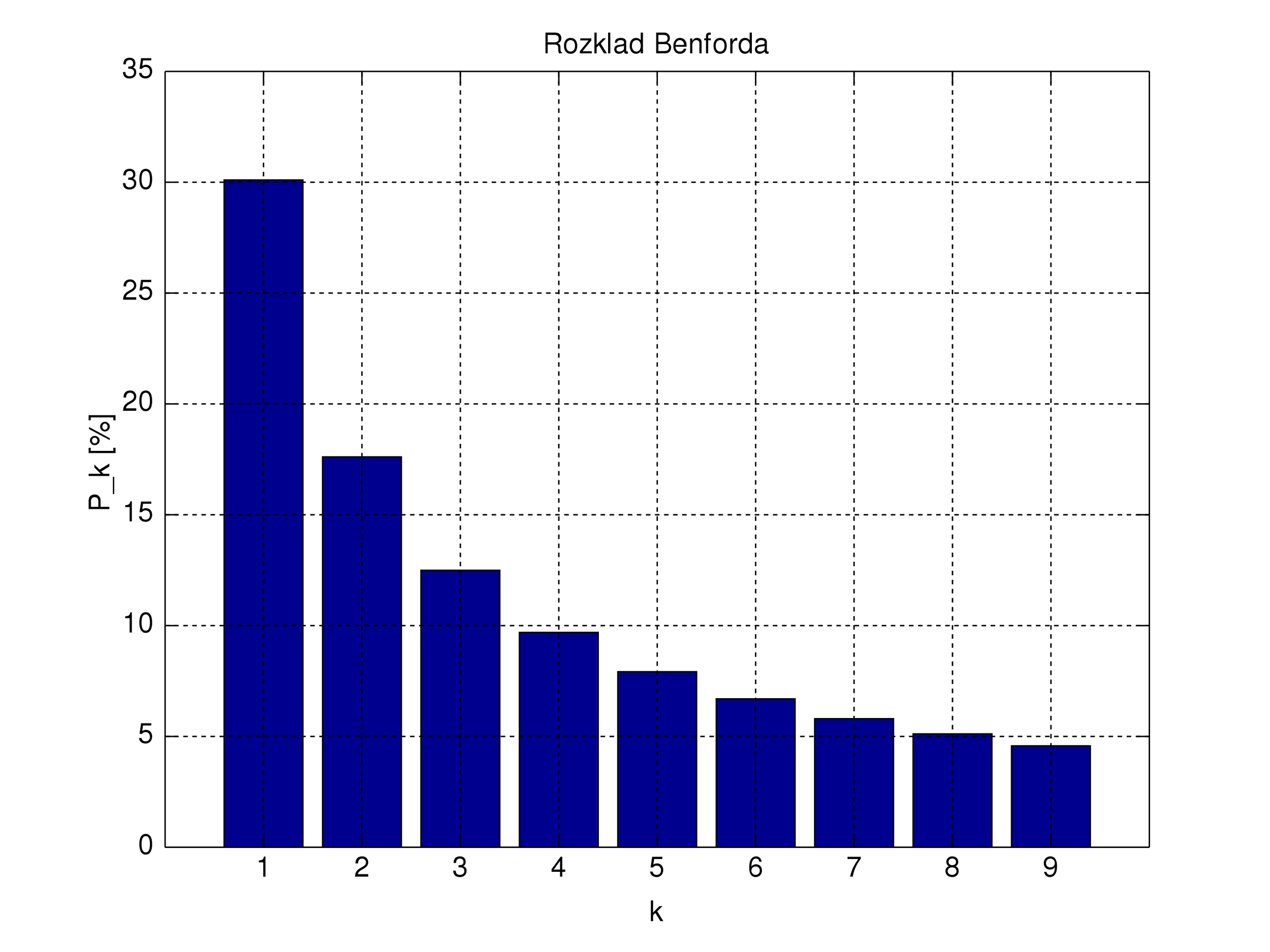Birgir Andrésson
Blackest Night, 2006
Daisuke Yokota
David Lieske at Galerie Karin Guenther
David Lieske
Photographische Arbeit (Immortale / Immorale II), 2022
Silber Gelatine Abzug auf Barytpapier, 15 x 22,5 cm / Rahmen 44,5 x 51,5 cm
David Lieske
DRITTE AUSSTELLUNG FÜR PHOTOGRAPHISCHE ARBEITEN
Installation view, Galerie Karin Guenther, 2022
LORAN tower near Washington DC
Raymond Meeks and Adrianna Ault, “Winter Auction #17” (2019)
The earliest scientifically useful photograph of a total solar eclipse was made by Julius Berkowski at the Royal Observatory in Königsberg, Prussia, on July 28, 1851.
James Web Primary Mirror Selfie
Drawings of John Harrison's H4 chronometer of 1761
Mai-Thu Perret at The Kitchen 2008.
THE FEAR OF THE INEXPRESSIBLE.—Language doubles: it transforms the physical into the metaphysical, the specific into an instance of the general, the particular case into an abstract idea. Naming marks the creation of an entirely new ontological region that shadows the old one, coextensive yet distinct. Access to this doubled world is what makes transcendence possible, but this access is never total, nor is it ever complete. This is precisely what is so terrifying about the inexpressible. The inexpressible is the sliver of the material that resists all colonisation by signification; it is the remainder par excellence. Greek mathematicians, for instance, were so intimidated by the inexpressible that they did not hit upon the simple solution of making nothingness disappear by assigning it a number.
The Zero And The One: A Novel, Ryan Ruby
Benford's law
Benford's law, also called the Newcomb–Benford law, the law of anomalous numbers, or the first-digit law, is an observation about the frequency distribution of leading digits in many real-life sets of numerical data. The law states that in many naturally occurring collections of numbers, the leading digit is likely to be small. In sets that obey the law, the number 1 appears as the leading significant digit about 30% of the time, while 9 appears as the leading significant digit less than 5% of the time. If the digits were distributed uniformly, they would each occur about 11.1% of the time.
